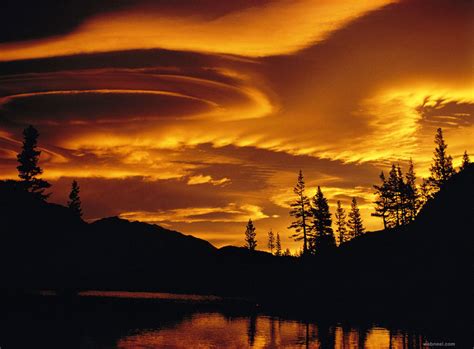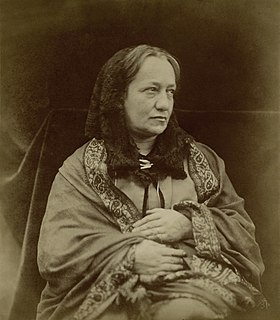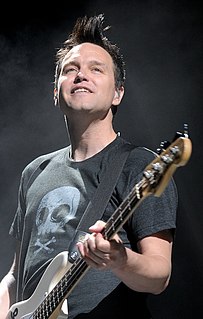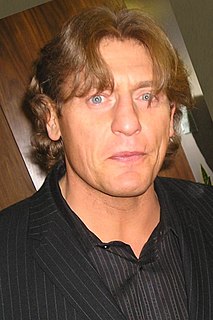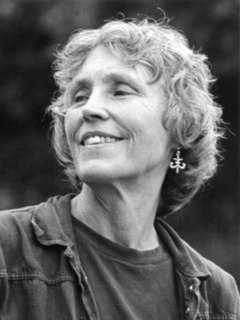A Quote by Galen Rowell
I almost never set out to photograph a landscape, nor do I think of my camera as a means of recording a mountain or an animal unless I absolutely need a 'record shot'. My first thought is always of light.
Related Quotes
For me, what was important was to record everything I saw around me, and to do this as methodically as possible. In these circumstances a good photograph is a picture that comes as close as possible to reality. But the camera never manages to record what your eyes see, or what you feel at the moment. The camera always creates a new reality.
I never had any intention nor interest in being an artist, but when I made work I realized that this was my language. What I had to say needed to be said in this way. I always loved taking photographs - but never considered myself a photographer. I have tremendous respect for photographers. I do use a camera and a photo as a basis for a lot of my work, but I use it as a means to attain an image to work from. The actual photography in my work is a monochromatic photograph. I'll photograph something and extract a color that will then be the background for a painting.
The thing is that I have a really intense, almost compulsive need to record. But it doesn't end there, because what I record is somehow transformed into a creative thing. There is a continuity. Recording is the beginning of a conceptual production. I am somehow collapsing the two - recording and producing - into a single event.
We never really set out to talk about California on the album ['California'], it was something that we noticed that was happening about three-quarters of the way through the recording process. We were looking at which songs we thought would make the record and we realised that there was this theme coming through. I think it's just a product of being in California for as long as I have.
If you need to strap a camera to you or get in a small space, then it makes sense to use digital.I do think it is possible to use a digital camera artistically, but it can only be good if you are using film technique. Film has grain, and digital has pixels, and there is not that much of a difference, but digital does not replace the need to create a scene and light it properly and spend time considering the shot.
I had no aspirations to become a landscape photographer at all. In fact it was portraiture that was my beginning, I suppose. I have always been a very keen walker, though, and I often took a camera with me on my walks. But I was, and still am, an avid reader and so when I first started I chose to photograph many of the great writers in this country to try and earn a living.
